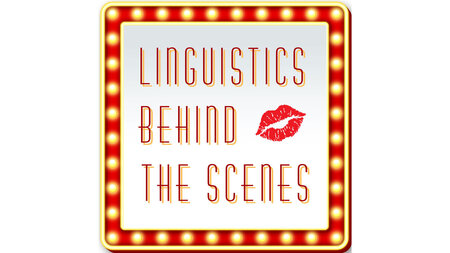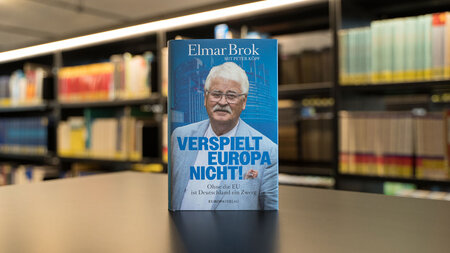Confidence and Trust in Hybrid Communication
Scholars from South Eastern Europe cooperate in a hybrid DAAD workshop on constructing confidence and trust in online media, research, and teaching
 enlarge picture
enlarge picture The hybrid workshop Constructing Confidence and Trust Online joined partners from Albania, Bosnia and Herzegovina, Croatia, North Macedonia, and Serbia in Zadar (Croatia) and online from 6 to 10 October. The 2021 DAAD-funded project connects Professor Josef Schmied from the English Department at Chemnitz University of Technology and the universities in Vlorë (ALB), Banja Luka (BiH), Split (CR), Skopje, Ohrid, and Bitola (NMK), and Vršac and Niš (SR). The participants discussed issues of conveying confidence and trust in local media, academic, and didactic contexts with special emphasis on the online sphere.
The first hybrid meeting on October 7 engaged the participants in a brainstorming session on their individual and group contributions dealing with the central project concepts of confidence and trust online. Marina Ivanova’s tutorial on October 7 guided the participants through the formatting of a research article following the internationally recognised APA conventions. The tutorial was followed by a workshop on Hypothesis Testing with Quantitative Methods where Sven Albrecht presented central steps and considerations in conducting a reliable corpus linguistic study. Then, the invited speaker from the University of Zadar, Dr Vlado Sušac, sparked a discussion on the role of multimodality in online teaching and media during the Covid-19 pandemic.
The workshop was combined with an excursion to the important historical centre Nin, where in the 9th and 10th century Duke Branimir and the Bishop Gregory of Nin fought for a Croatian state and the use of Old Slavonic language and the Glagolitic script alongside Latin in the church. The excitement of all Slavic-speaking participants to visit Nin showed how interconnected their cultures and national prides are due to the common language roots.
The common patterns in the construction of trust in online media also became evident during the individual presentations on October 8. The partners discussed the challenge of conveying confidence and trust in the credibility of politicians and medical professionals during the frequently changing pandemic measures. Emotionally loaded headlines from international media were shown to frame the public discourse. The projects also demonstrated how humour can intersect with hate speech, and how pro- and anti-vaccination memes can follow concrete mental discourse models.
The workshop concluded with an organisational session on the upcoming international Autumn School where the partners arranged the activities of the mixed student groups. The Autumn School allows students from the project partner universities to cooperate in linguistic research tasks and explore the discourse on Covid-19 in English-speaking mainstream and alternative media. All participants are invited to publish their research and creative articles in Josef Schmied’s edited volume series Research in English and Applied Linguistics. The project thus gives the partners multiple opportunities to cooperate and overcome national stereotypes, receive academic support, and explore underresearched local linguistic phenomena.
(Author: Marina Ivanova)
Matthias Fejes
03.11.2021





